Wat Phra Si Sanphet วัดพระศรีสรรเพชญ์, Thailand (1350-1448)
Artist/Designer:
Project Location: Thailand
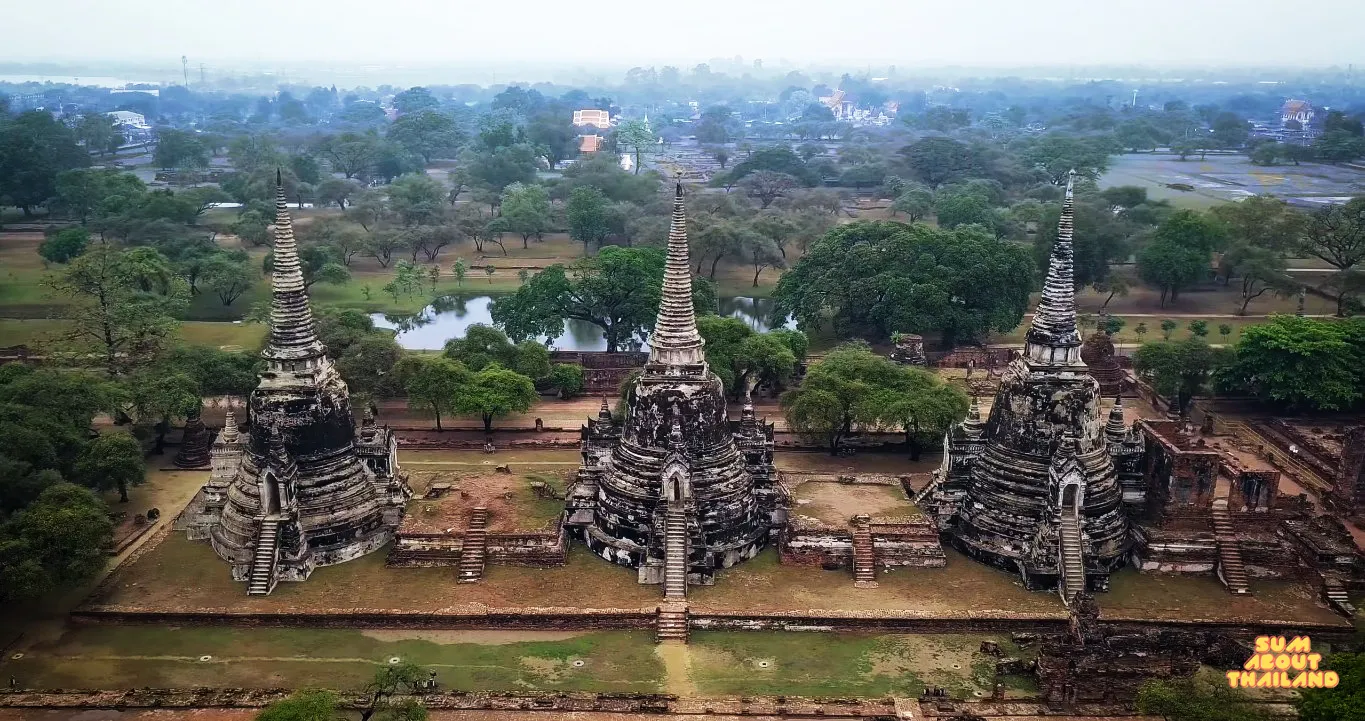






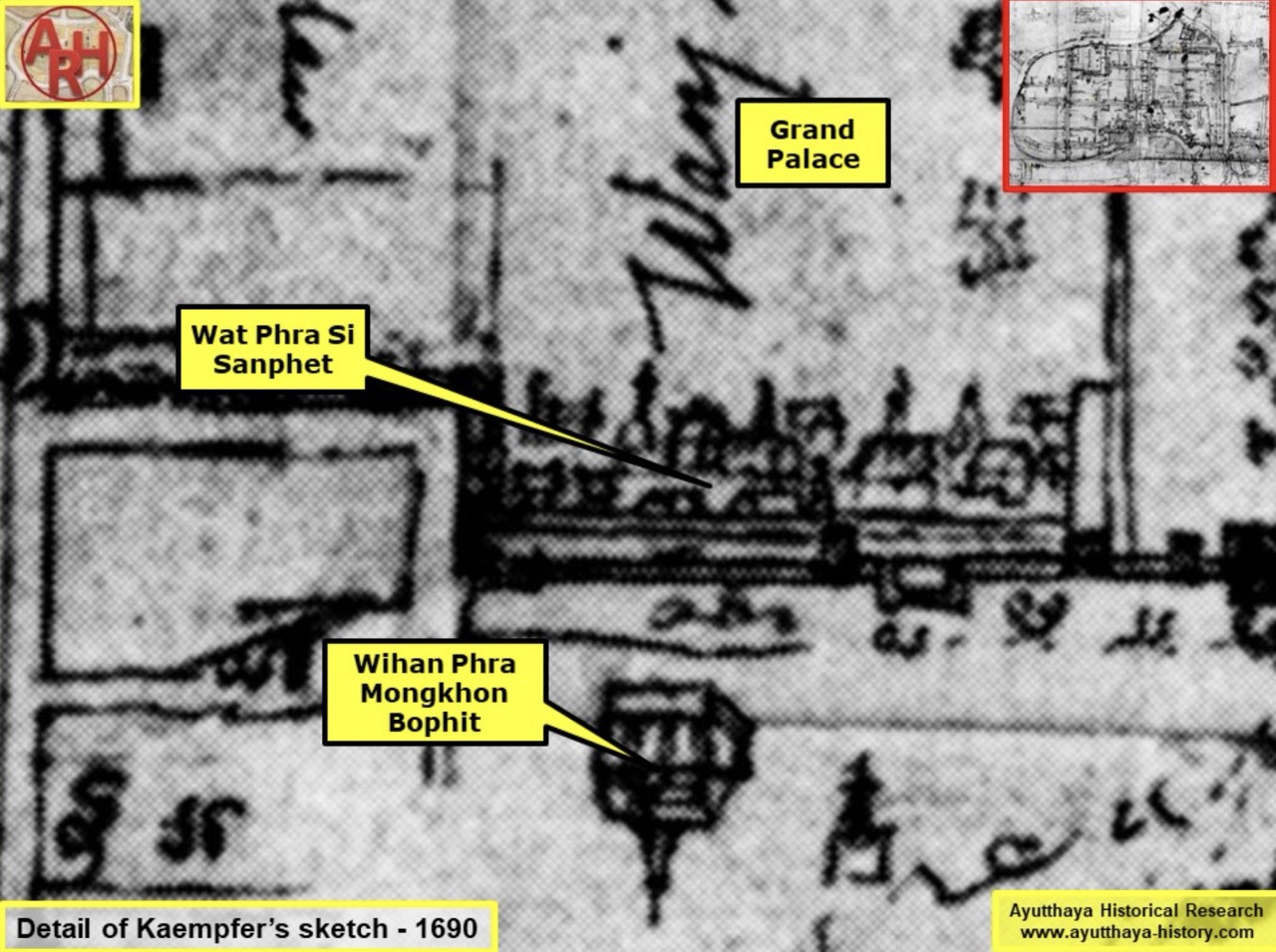
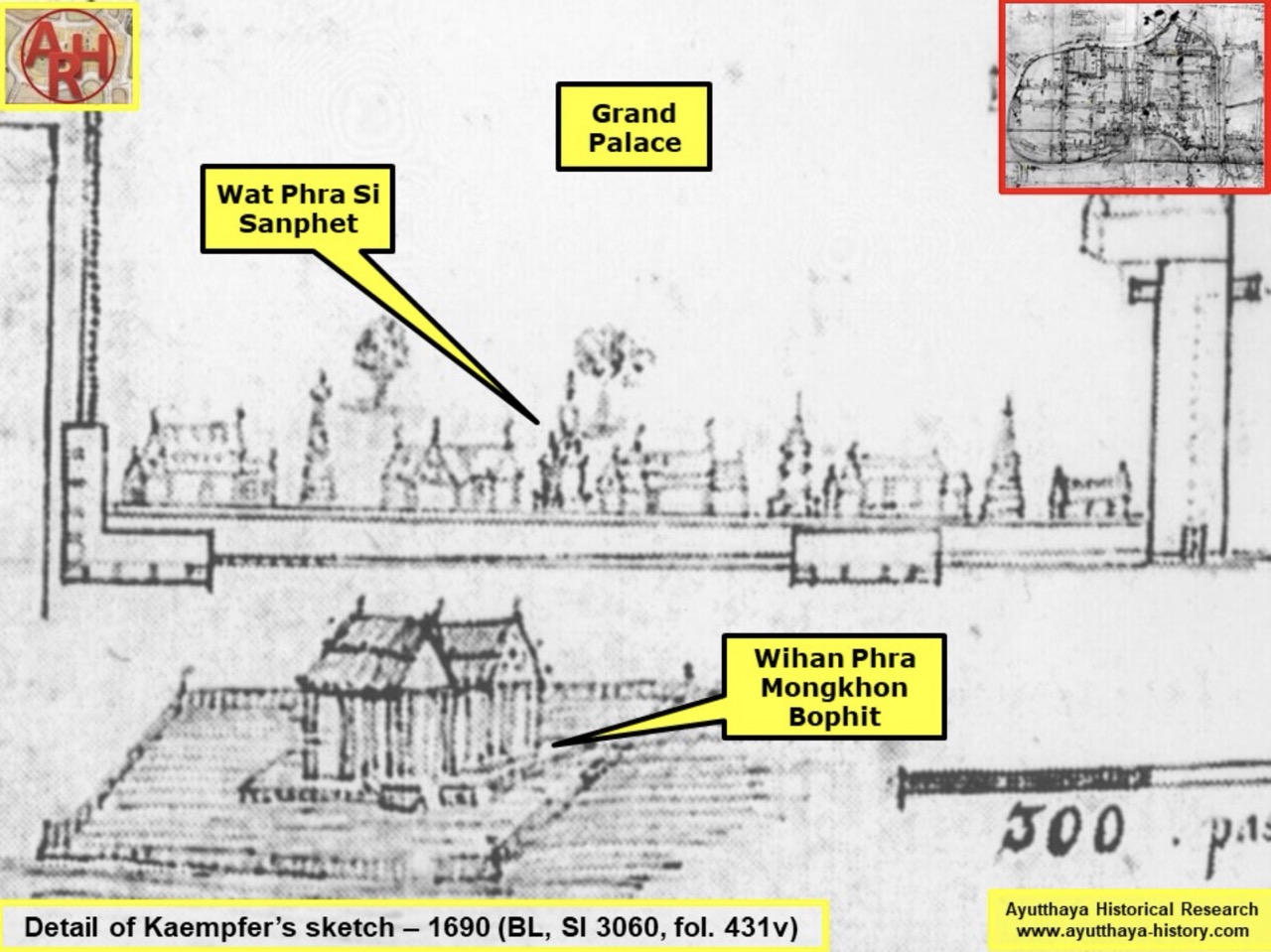
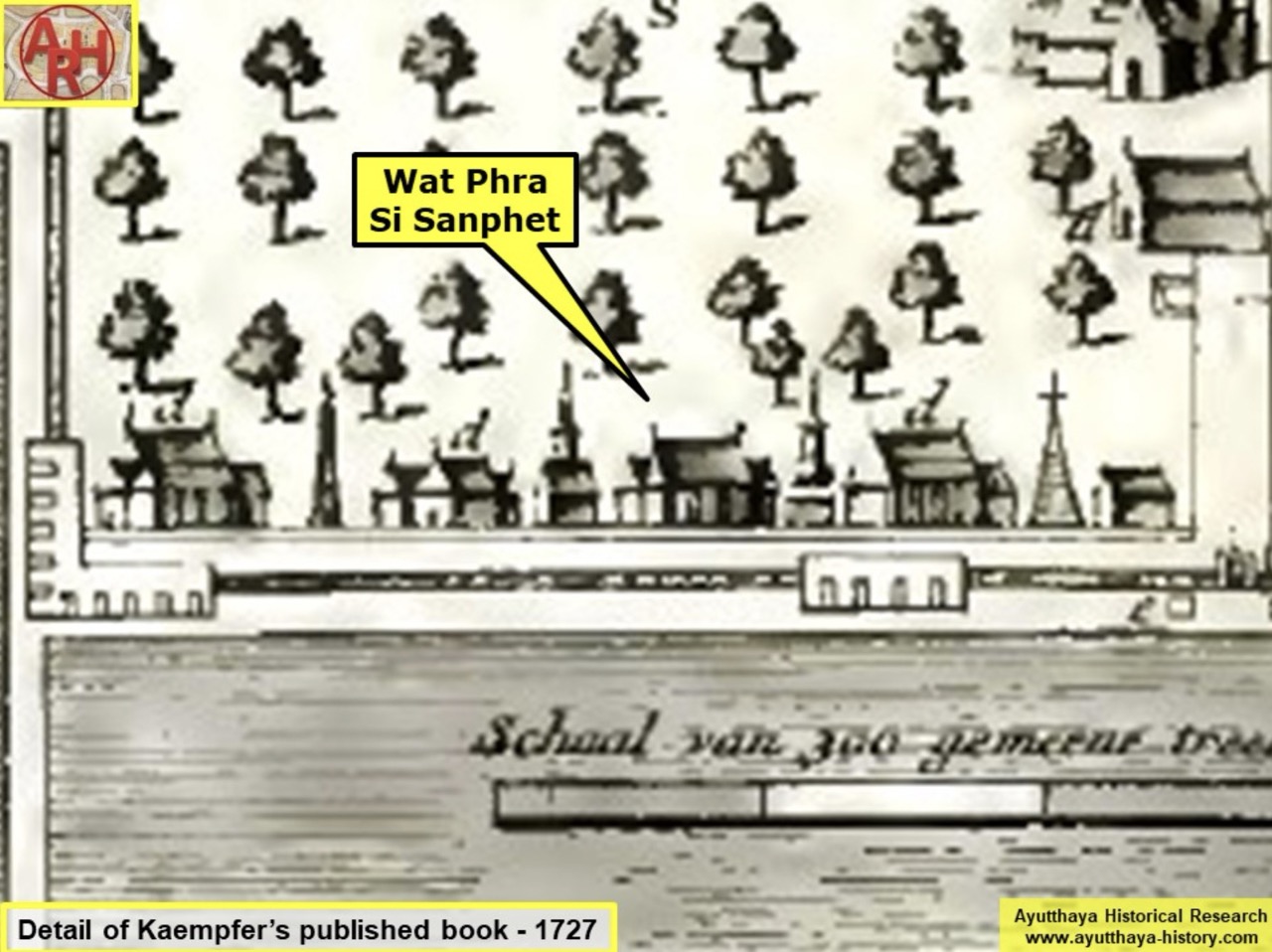
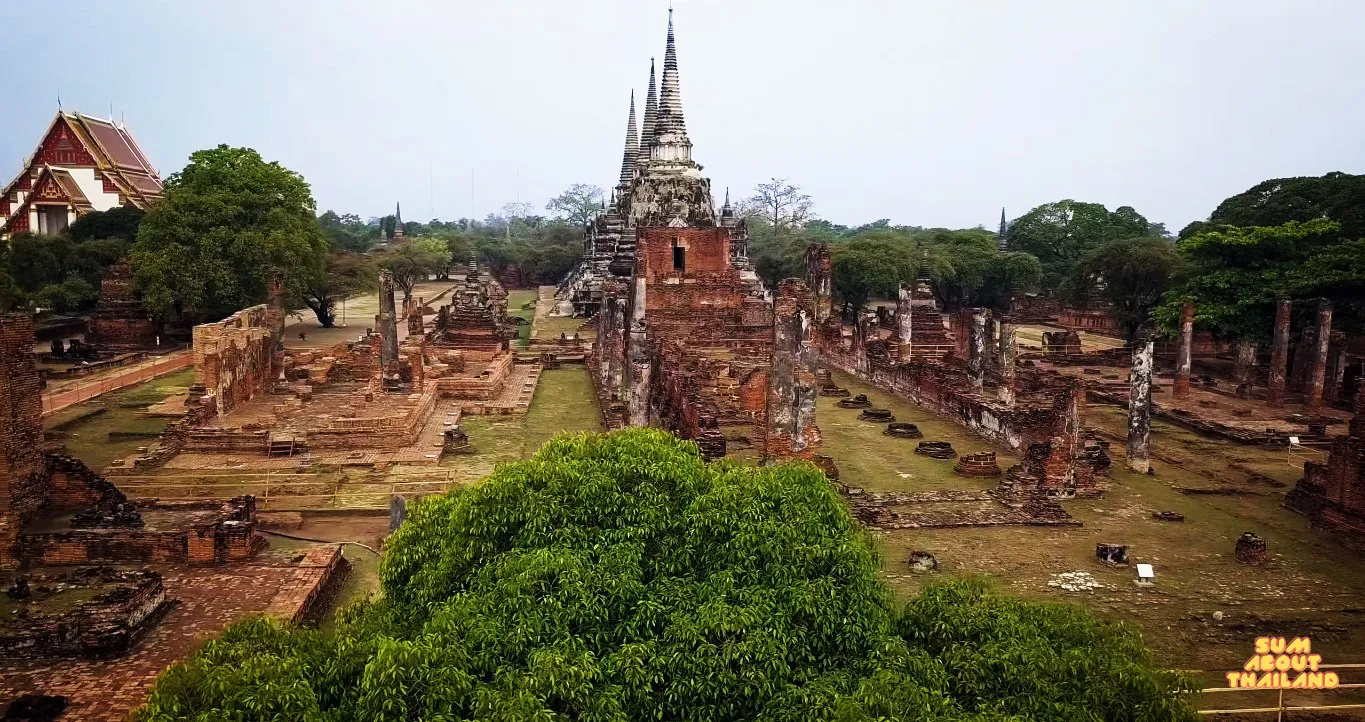
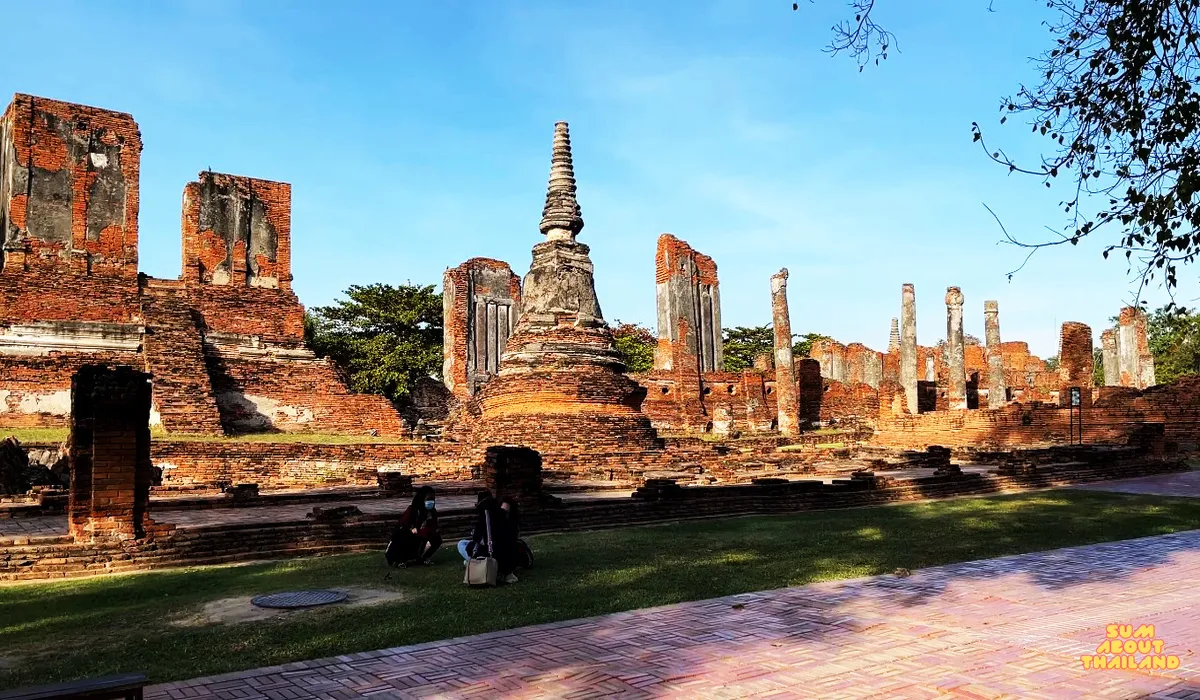
Style/Period(s):
Traditional
Primary Material(s):
Clay, Stone, Fresco, Paint
Function(s):
Religious Building, Government, Buddhist Temple
Related Website(s):
Significant Date(s):
14th Century
Additional Information:
Significant Date(s):
1350 - King Ramathibodi I ordered area of site to be built as palace grounds.
1448 - King Borommatrailokkanat orders the palace to be moved and converts old palace site into holy site.
1492 - King Ramathibodi II constructs 2 chedis within the grounds of the site.
1529 - King Borommaracha IV constructs a third chedi within the grounds of the site.
1630 - King Narai adds cross shape vihara to the structure of between the three chedis.
1742 - Temple was renovated under King Borommakot.
1767 - Temple was destroyed during Burmese invasion.
1956 - Whole site was restored by the Fine Arts Department of Thailand.
Additional Information:
Publication/Texts in Print:
Amka, Amka. "The Identity of Cultural Attractions in Phra Nakhon Si Ayutthaya Province for Contemporary Art creation." The Identity of Cultural Attractions in Phra Nakhon Si Ayutthaya Province for Contemporary Art creation.
Woodward, Hiram W. "Monastery, Palace, and City Plans: Ayutthaya and Bangkok." Crossroads: An Interdisciplinary Journal of Southeast Asian Studies 2, no. 2 (1985): 23-60.
BAKER, CHRIS, and PASUK PHONGPAICHIT. "The Beginnings of Wat Murals in Late Ayutthaya." DECODING DECODING SOuTHEAST ASIAN ART ASIAN ART: 259.
Baker, Chris. "The Grand Palace in the Description of Ayutthaya: translation and commentary." The Journal of the Siam Society 101 (2013): 69-112.
Building Location:
9H45+963, Tambon Pratuchai, Amphoe Phra Nakhon Si Ayutthaya, Chang Wat Phra Nakhon Si Ayutthaya 13000, Thailand
Viewers should treat all images as copyrighted and refer to each image's links for copyright information.